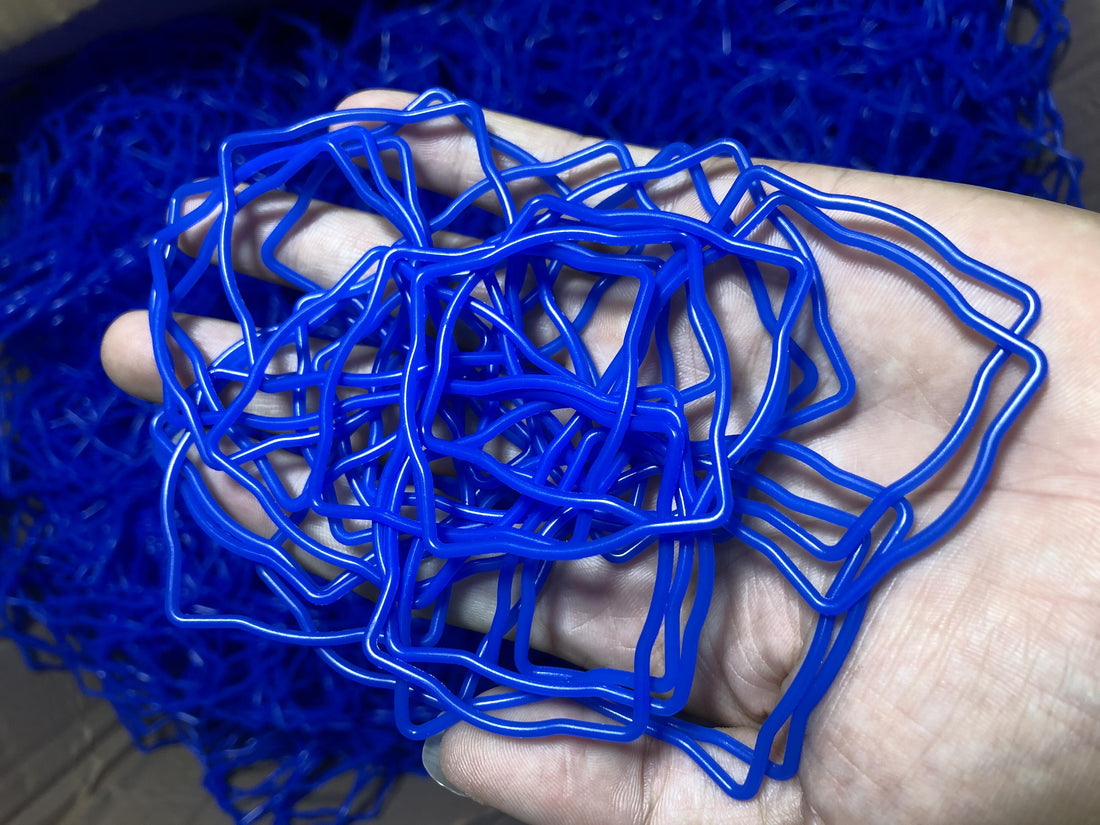Introduction: FVMQ (Fluorosilicone Rubber) is a specialized elastomer known for its unique combination of properties derived from both fluorocarbon rubber (FKM) and silicone rubber (VMQ). This article provides an overview of FVMQ, exploring its composition, manufacturing process, and distinctive characteristics that make it suitable for various challenging applications.
Composition and Manufacturing Process: FVMQ is a hybrid elastomer synthesized by copolymerizing vinyl-containing siloxane with hexafluoropropylene oxide (HFPO) in the presence of platinum catalysts. This unique copolymerization process combines the advantageous properties of both FKM and VMQ, resulting in a material with enhanced performance capabilities.
Characteristics of FVMQ Fluorosilicone Rubber:
-
Temperature Resistance: FVMQ exhibits excellent temperature resistance, withstanding both high and low temperatures more effectively than standard silicone rubber. It retains its flexibility and sealing properties even at extreme temperatures, making it suitable for applications in demanding thermal environments.
-
Chemical Resistance: The fluorocarbon component in FVMQ provides exceptional chemical resistance, similar to that of FKM. It can resist a wide range of harsh chemicals, including fuels, oils, solvents, and hydraulic fluids, making FVMQ suitable for applications in the automotive, aerospace, and chemical processing industries.
-
Low Compression Set: FVMQ demonstrates low compression set, which means it can maintain its original shape and sealing properties even after prolonged exposure to compression or stress. This characteristic ensures reliable and long-lasting sealing performance in dynamic applications.
-
Fuel and Oil Resistance: With its fluorocarbon backbone, FVMQ offers superior fuel and oil resistance compared to traditional silicone rubber. It is an ideal choice for components used in automotive fuel systems, oil seals, and gaskets.
-
Good Electrical Insulation: FVMQ possesses excellent electrical insulation properties due to its silicone component. It is widely used in electrical and electronic applications where good dielectric performance is crucial.
-
UV and Ozone Resistance: FVMQ displays good resistance to UV rays and ozone, making it suitable for outdoor applications without experiencing significant degradation over time.
Conclusion: FVMQ (Fluorosilicone Rubber) is a unique elastomer that combines the advantages of fluorocarbon rubber and silicone rubber. Its exceptional temperature resistance, chemical resistance, low compression set, and fuel resistance make it a preferred choice in various critical applications. From automotive to aerospace, FVMQ offers reliable sealing and performance capabilities in challenging environments, making it an essential material in modern engineering and industrial applications.

